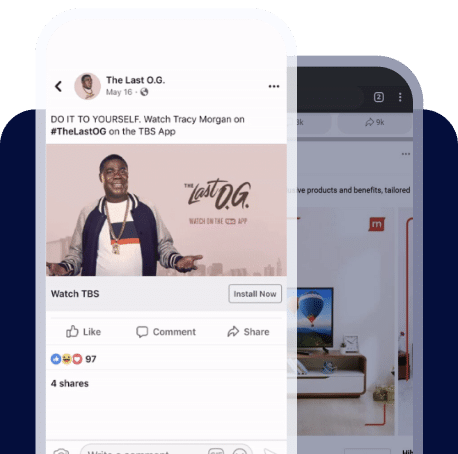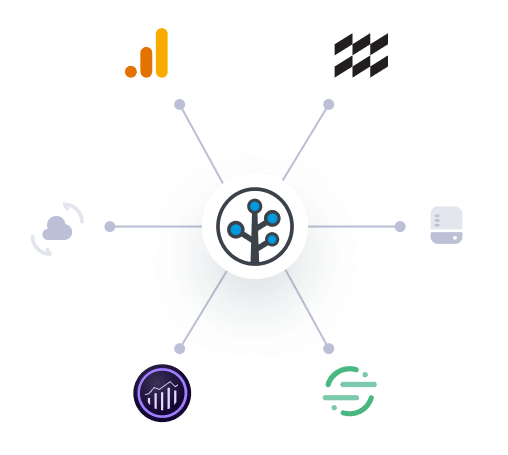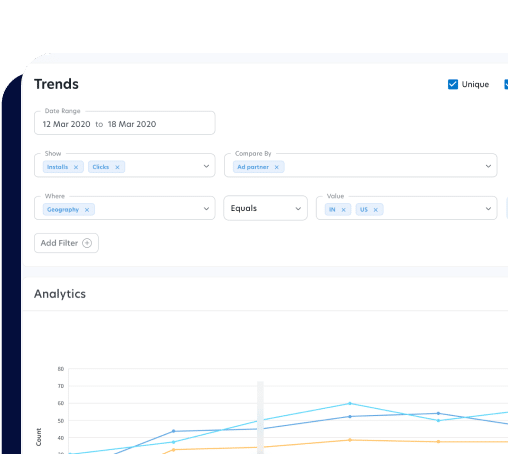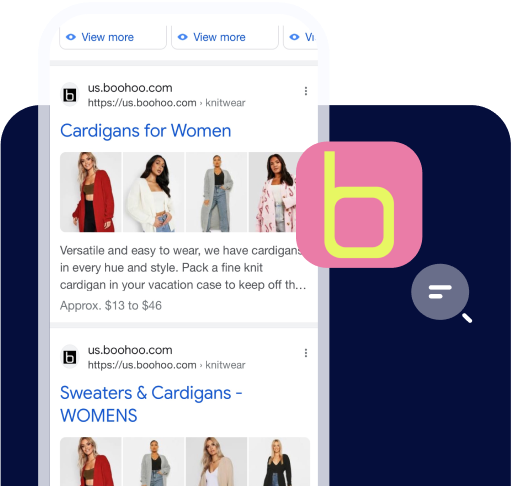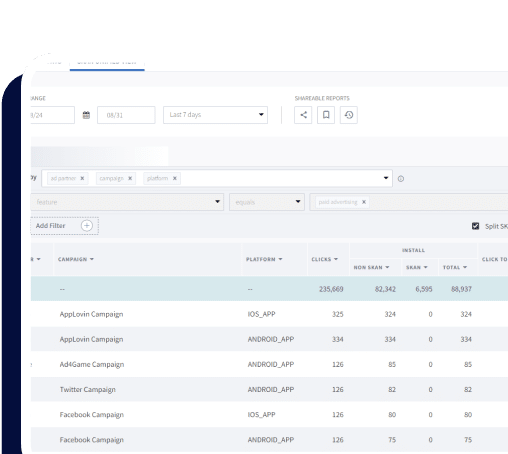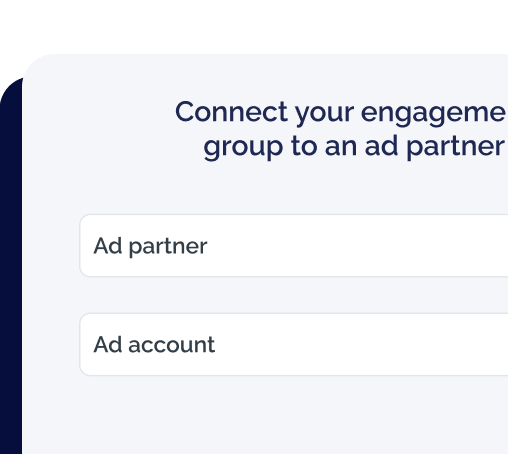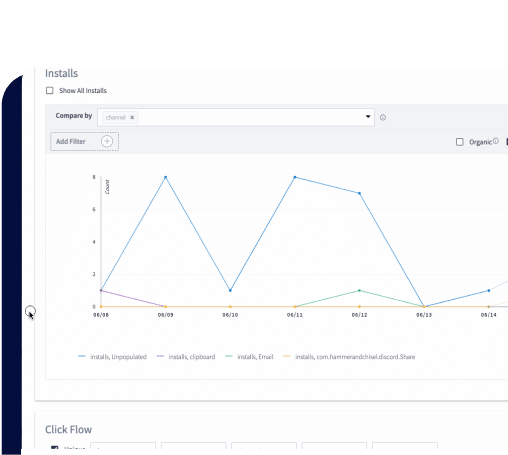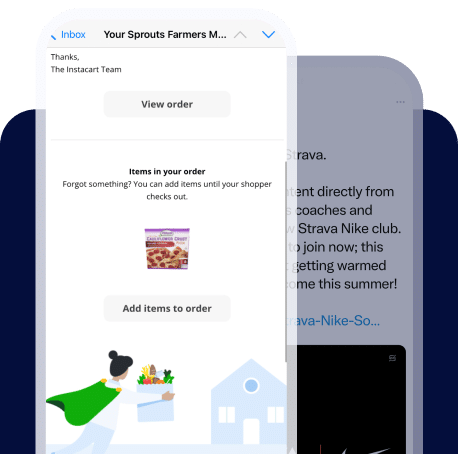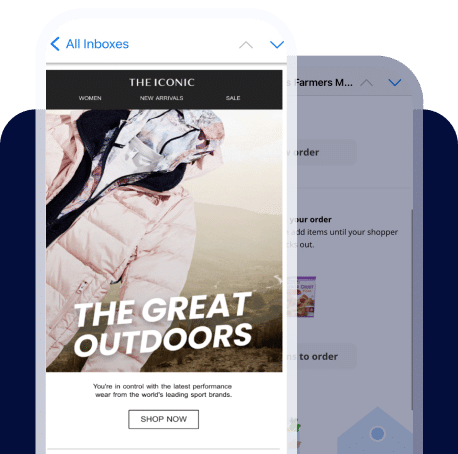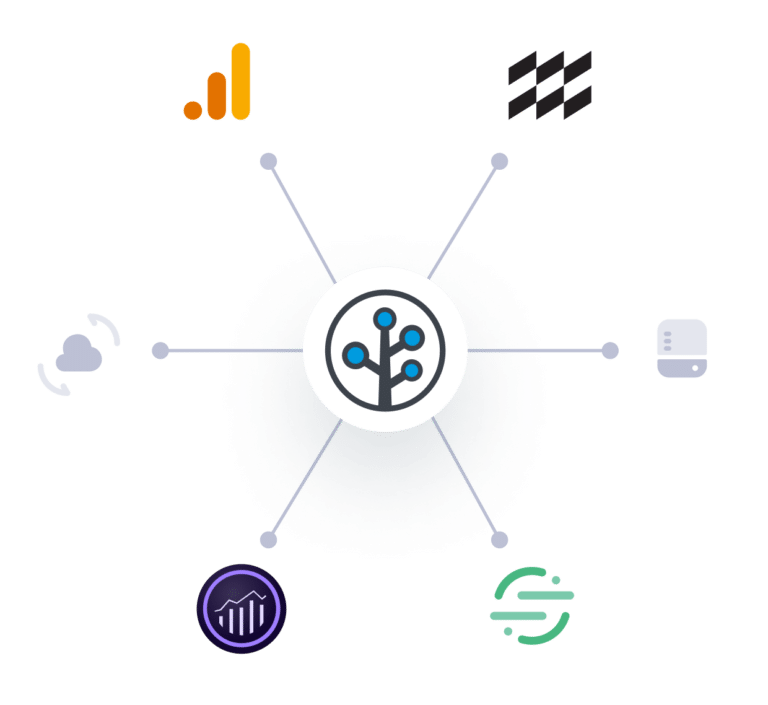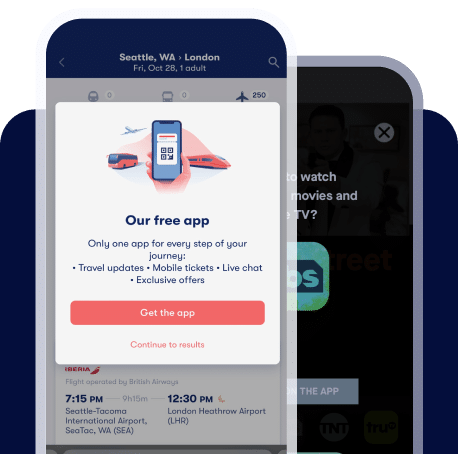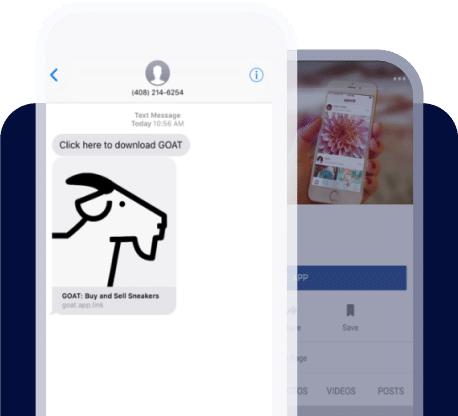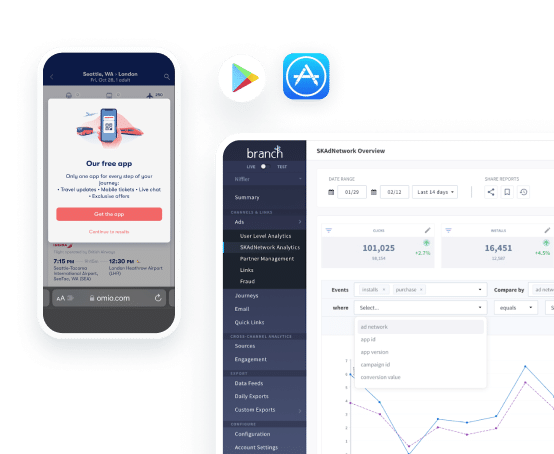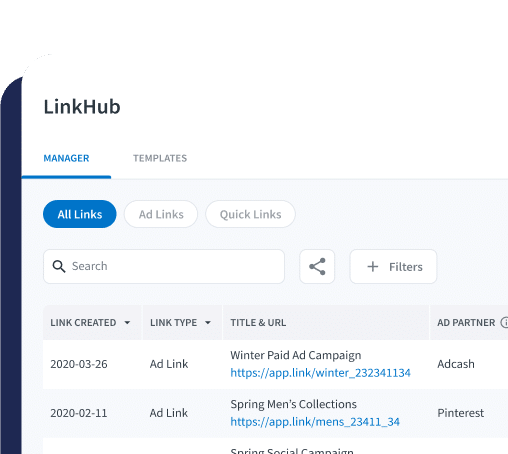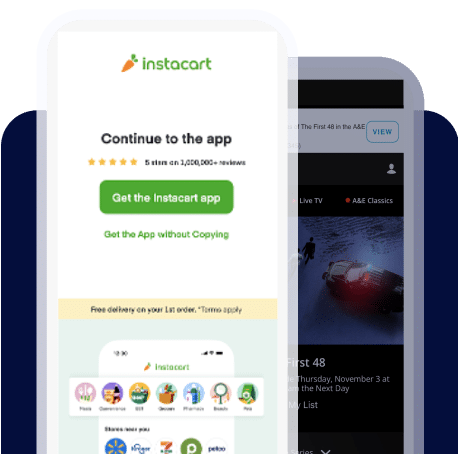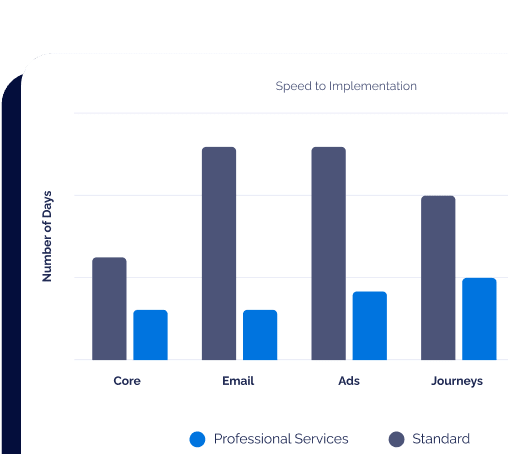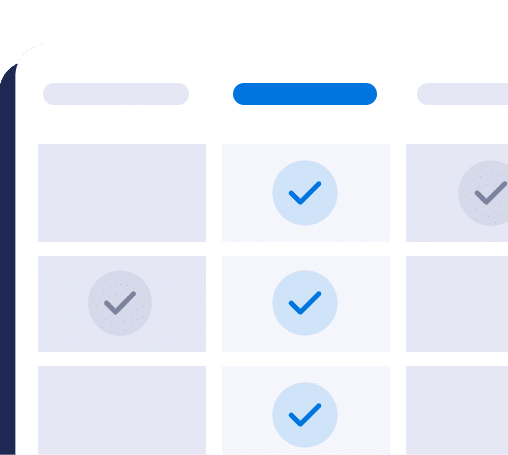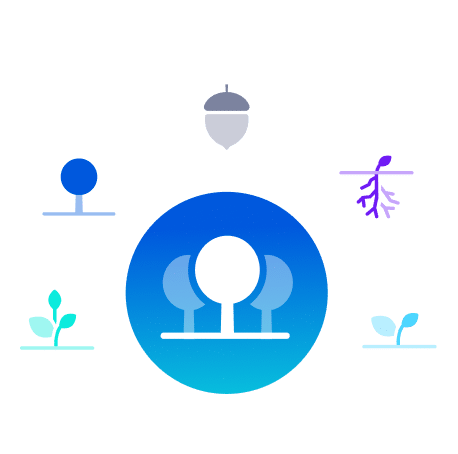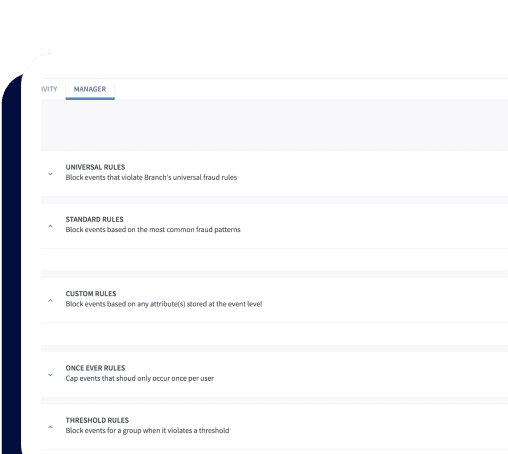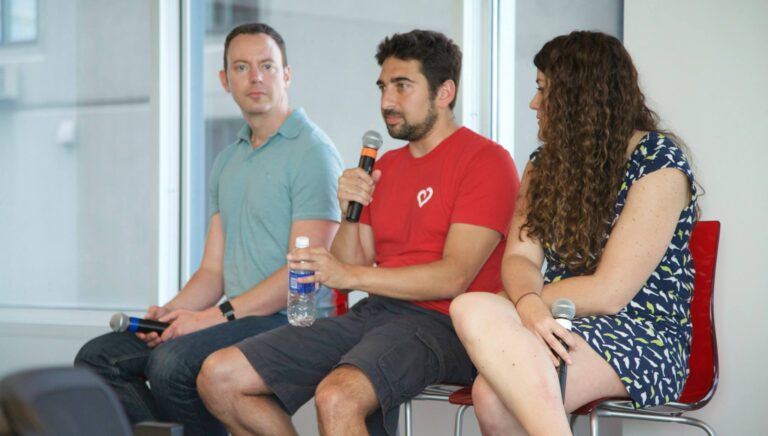We had an awesome time hosting this Seattle Mobile Growth Hackers Meetup with Redfin last week. A great, engaged attendance complemented the great set of panelists we put together to discuss paid and organic tactics for app distribution and all other areas of mobile growth hacking. Joining us on the panel were:
James Kelm, Product Director, Yahoo
April Alexander, Director of Customer Acquisition, Redfin
Robi Ganguly, CEO and Cofounder, Apptentive
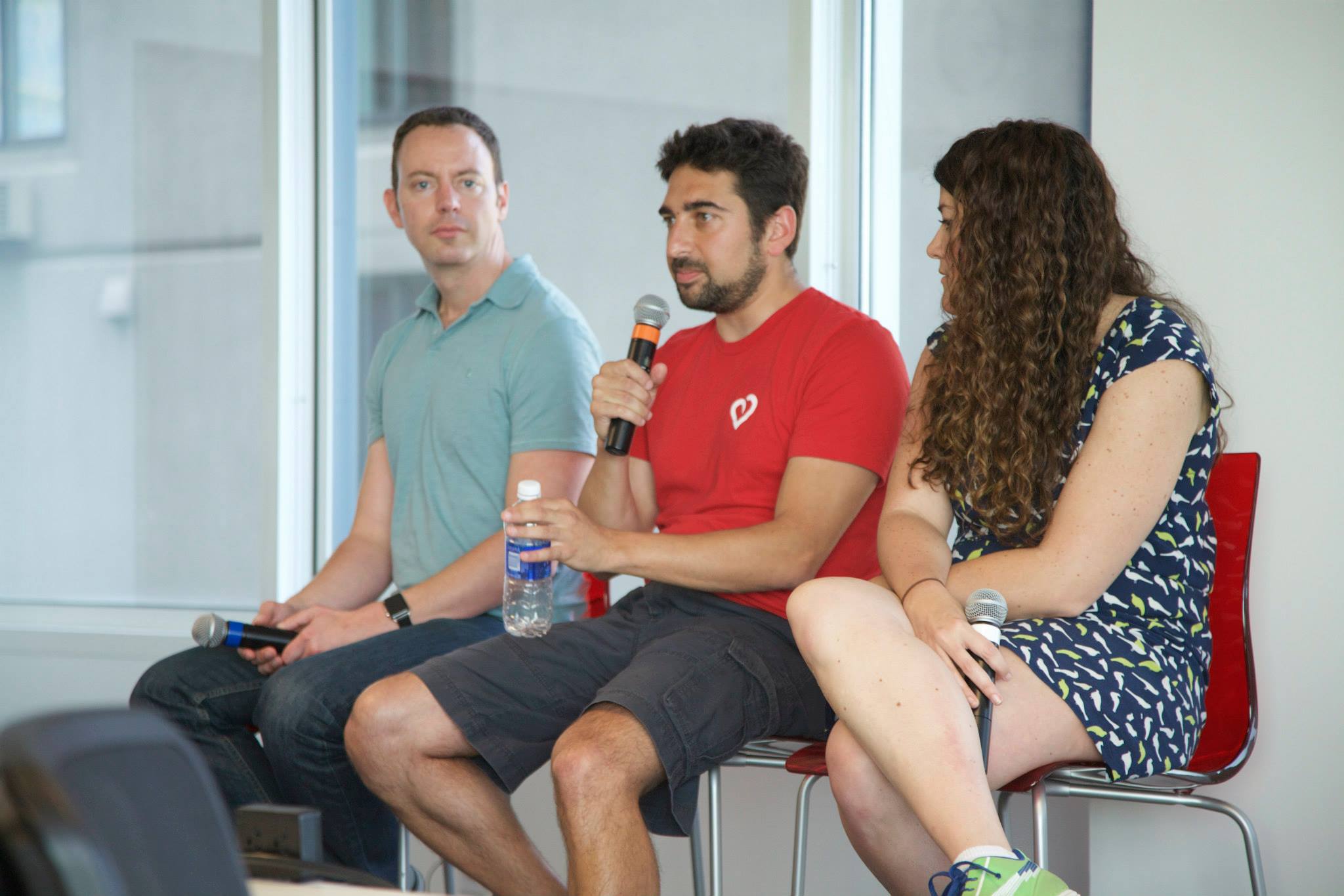
In true Mobile Growth Hackers fashion, the panel was preceded by pizza, drinks, and networking. Attendees eventually found their seats in anticipation of the promised discussion on mobile app growth hacking tactics and best practices for app distribution, moderated by Branch’s Sahil Verma.
We jump straight into the questions here:
What are some good mobile growth hacking tips for driving organic or viral growth in apps?
Robi started off the discussion on the right foot answering, “By having an awesome app.” He continued, stating that acquiring “users that are giving you 5 stars and telling you how much they use and love your app” is priceless when it comes to growth. An app’s relevance to the intended user is key, and can’t be made up for with marketing campaigns. Building off this response, James answered that when you do find that group of users who are really into your app, be sure to tap into that resource. Ask yourself, “what are the blogs these people read, where are they spending time on facebook and twitter,” etc, to get an understanding of where that user base is located.
“More endpoints lead to higher overall engagement”
As for chasing an App Store feature, James suggested leveraging your contacts, while April spoke from Redfin’s experience being featured. “Look for features the App Store is trying to promote… and incorporate those into your app.”
Then there’s SEO, a topic that came up repeatedly during the panel. April stated, “We think of mobile SEO as one of the biggest ways to drive app downloads. Focusing on ways to get people to your mobile website [is key].”
What if you are desktop first? How do you drive people to mobile?
“Only 30% of smartphone users will download an app this month,” April cited a comScore reporting that points out our error in thought when we say that people are using, and therefore downloading, apps all the time. The key to convincing users to take the leap-of-faith and download? “When you have an awesome website that people love, it can turn them into an app user.”
You will make a bunch of assumptions that are wrong
Robi mentioned the role Branch Metrics plays in Apptentive’s mobile growth strategy. “Whether you are using deep linking or attribution, if you are trying to drive people from one community to the next, work hard to understand these users.” Know what channels are working and which are not.
“You will make a bunch of assumptions that are wrong, but Robi continued by saying that it’s your job to figure out which are wrong, and to double down on the ones that are right.
How hard is it to be featured in stores, and what is that worth to you?
“It’s worth millions of dollars of free marketing,” James started the discussion and was met with strong agreement.
But pay attention to where and when you are getting featured. April stated that when Redfin got featured for their app’s focus on Apple Watch, they were featured on that specific page, and drove fewer downloads than being featured on a main page in the App Store. Robi also provided a counterpoint, stating that most small developers and businesses simply won’t be ready for the volume of downloads they will get when featured. His advice? “Don’t focus on getting featured, focus on getting so good that if you were to get featured, you would be converting.”
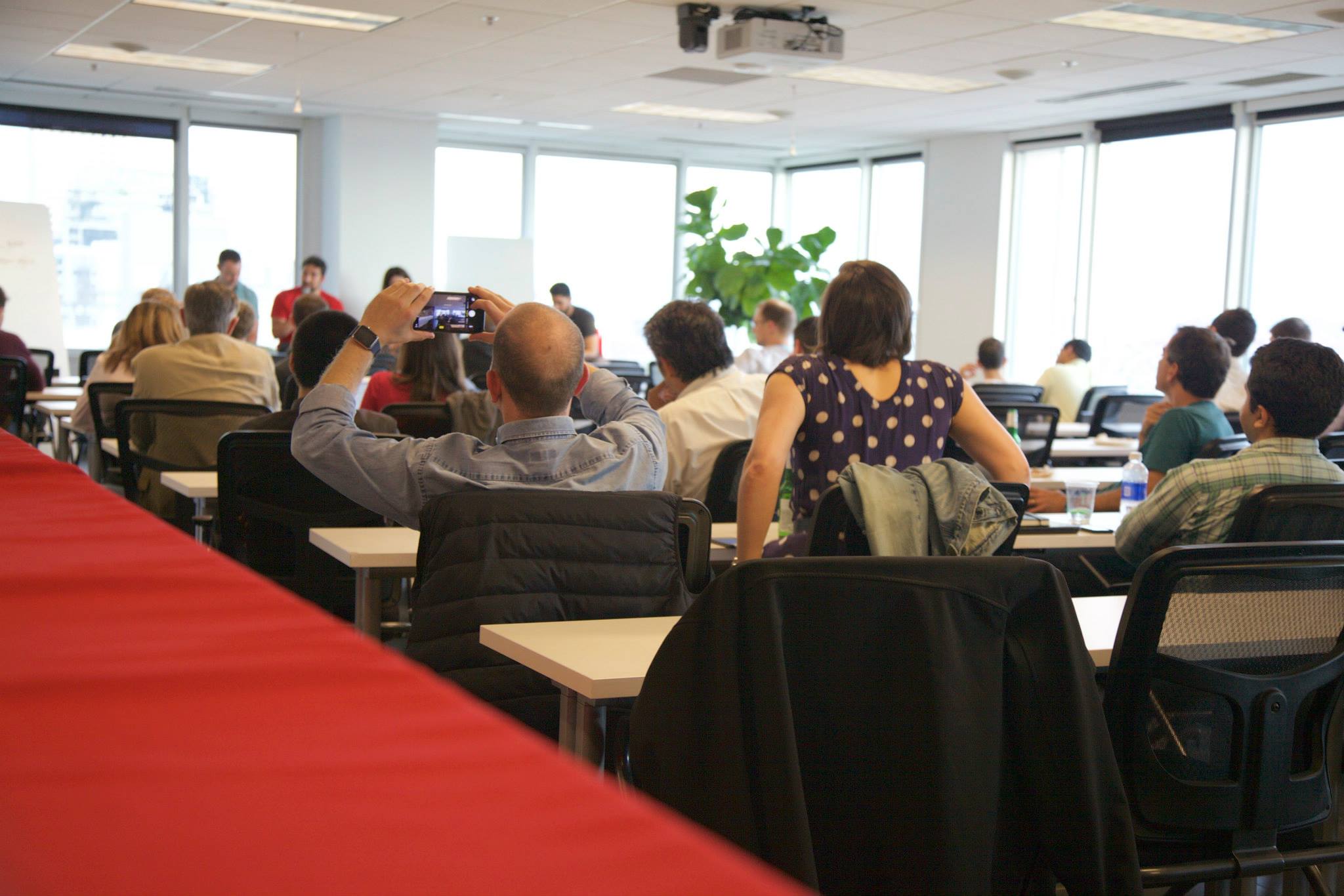
Let’s say you get the 100,000 downloads from getting featured in the app store. What can you do specifically in the app store to keep that growth going?
James’s advice was to take advantage of geo-beta: getting valuable feedback and becoming popular in smaller markets before taking it worldwide and potentially getting featured in the App Store. “If you refine it enough, the next million should come organically.”
In terms of growth, Robi warns against a leaky bucket. “Somewhere between 60 and 70 percent of people who download your app today are not going to be using it 30 days from now and beyond.” Avoid this by focusing on retention and acknowledging app abandonment in your analytics.
What are your engagement and re-engagement strategies?
April stated that at Redfin, app notifications as well as email notifications play a huge part in reengagement. “At Redfin we have a great data advantage… where we are able to alert people to new homes within 15 minutes of them going on the market.” This is a great driver that keeps our users coming back through our alerts. And we work with branch.io to make sure the handoff from those emails into the app is as seamless as we can make it.
According to James, long-term engagement means thinking about the community of users that exists in and around your app. “Then your users will drive engagement for you.”
For Robi, reengagement is about messaging their customers at the right time and in the right place. “When someone opens your app, that is not when you want to message somebody… don’t interrupt them.” He advises waiting until a user finishes an action to send them a message.
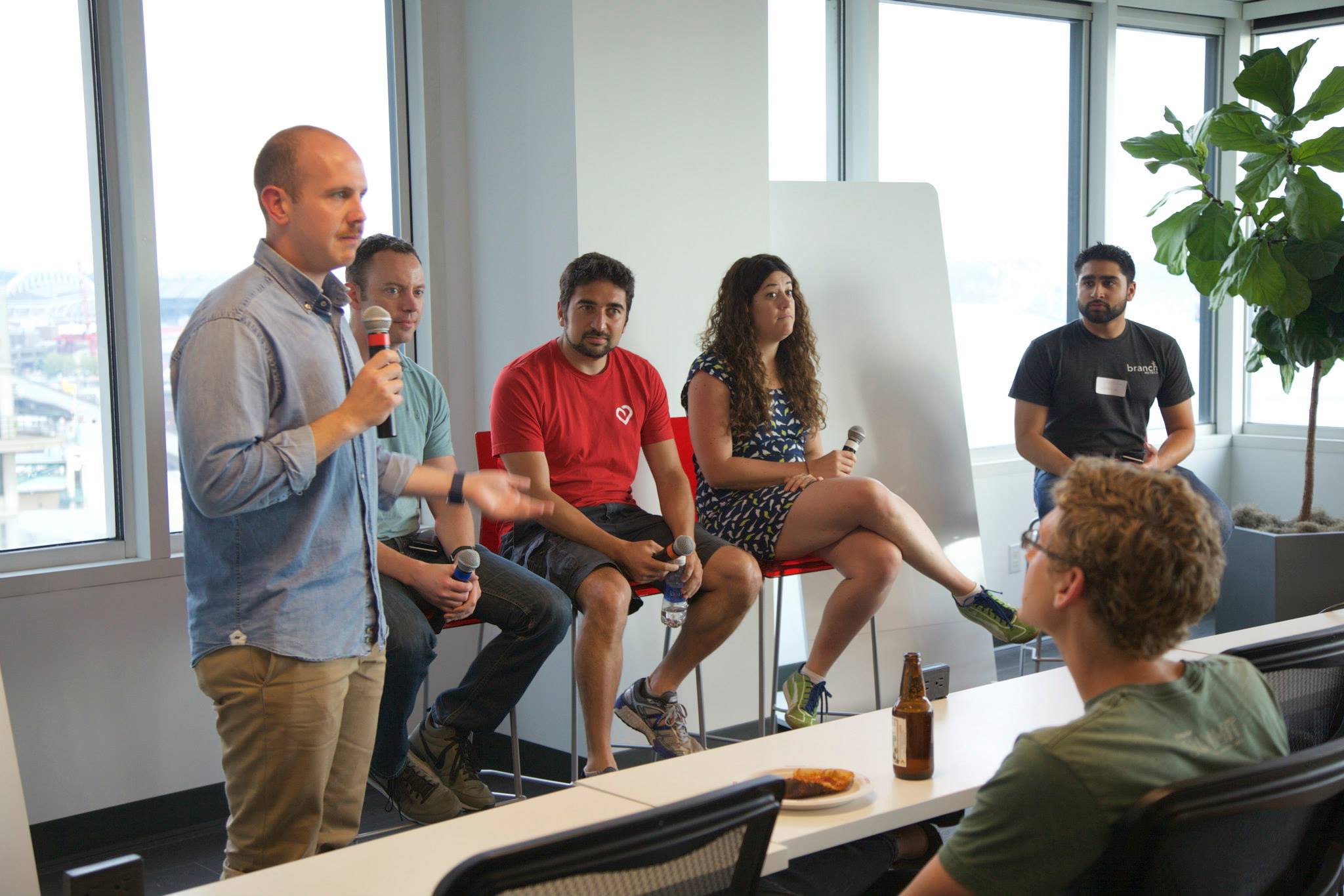
What are some mobile growth hacking strategies to get an active community?
“We segmented our campaigns based on the type of user we were going after,” James revealed his community-building strategy, “If you understand the various segments and how they are sharing your app, it makes it easier to go and find more.”
April reminded us to make sure that community channels are appropriate for the type of app your users are on. “People want to share [the home searching process], but they want to share it with a small group of people… Making [this] sharing seamless has been a great growth factor for us.”
“You put your software on someone’s device, what are you going to do to make it valuable for your community building efforts?” Robi stressed the importance of young communities being able to come together on your app’s platform, rather than having to transition to Twitter of Facebook right away.
How do you feel about app store optimization? And what do you use to test?
April and Redfin use Sensor Tower to optimize their rank for keywords and to play with their app title, which is easy to change in Google Play, while Robi agreed that ASO plays a major role in finding great users, or rather, helping them to find you.
“Across the board, the organic installs that come from searches inside of the App Store are the most valuable installs. They tend to be the customers that are going to last the longest, do the most valuable things inside your app, and help you grow your business.”
His advice? Be familiar with the rules of your store, pay attention to your ratings and their velocity (as they will affect search results), and keep in mind that the best keywords for your app may come from your users: in reviews and through any feedback you can get.
James acknowledged keywords as a short-term tactic for growth and discovery, but warned us to not “go overboard,” as you may risk your app being rejected for trying to use too many keywords.
At this point the floor was open for questions from everyone in attendance. Questions ranged from running beta install campaigns, to the best tools for keyword research. Retention and analytics were the reigning areas of interest, with focus in deep linking, optimizing web-to-app banners, and identifying app characteristics that drive retention.
You can view the panel, including all the audience questions and answers, in the Seattle Mobile Growth Hackers video below.
Thanks so much to James, April, and Robi for answering our questions, and to Redfin for hosting this awesome event. We can’t emphasize enough what a great time we had getting to know partners, developers, and mobile growth enthusiasts in Seattle. We can’t wait to venture back to continue the conversation, and we promise to do it soon.
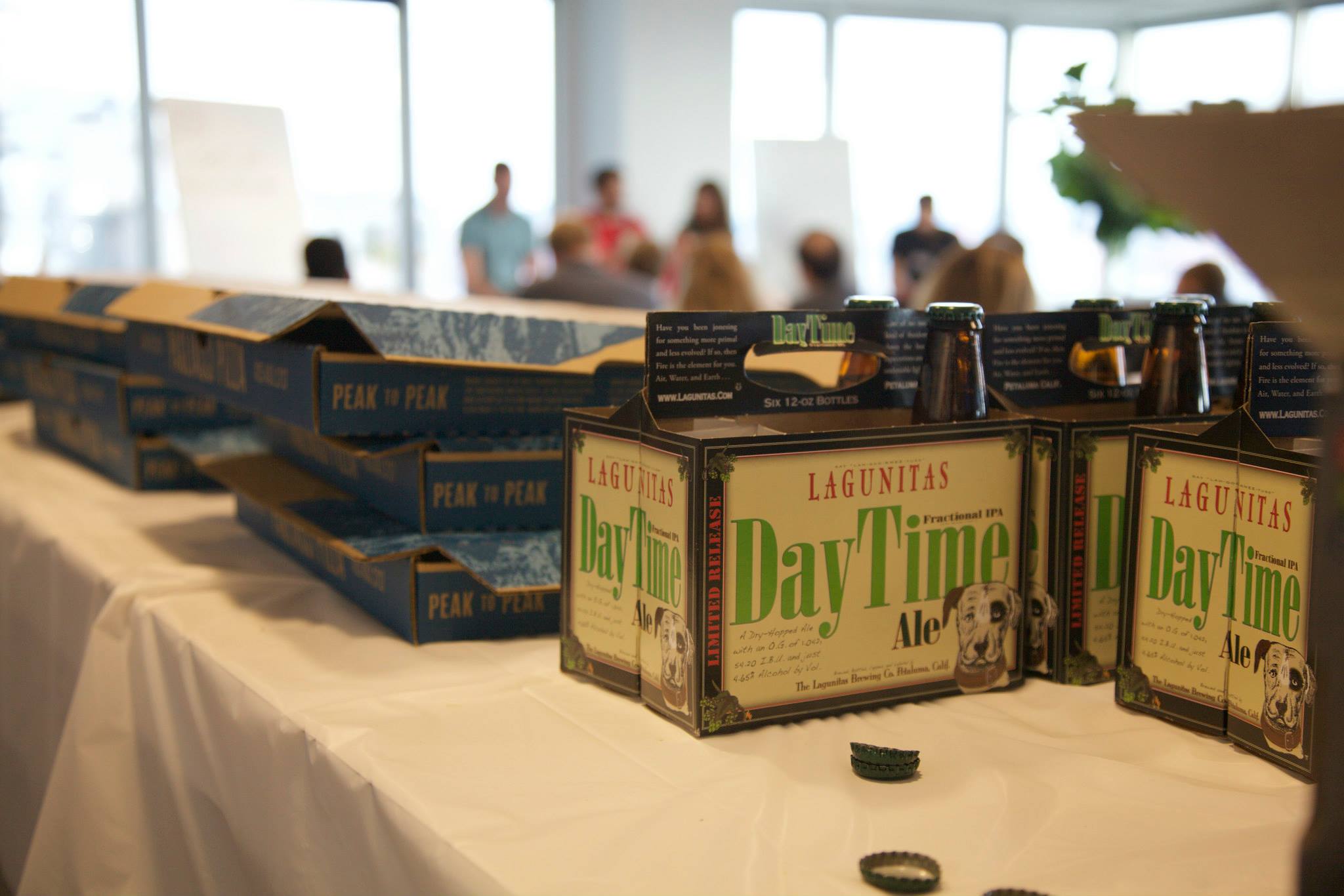
Stay in touch about future Mobile Growth Hacking Meetup events in by joining our Seattle group or get the latest on all kinds of mobile growth events in the Facebook Mobile Growth Hacking group.

